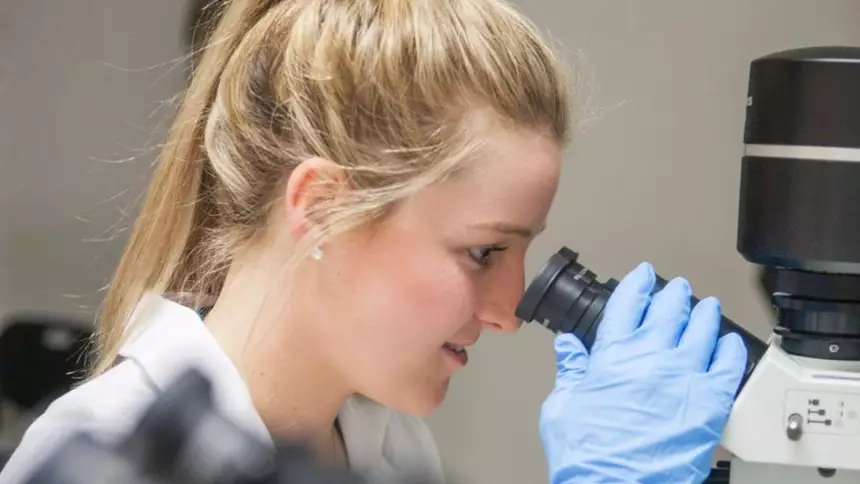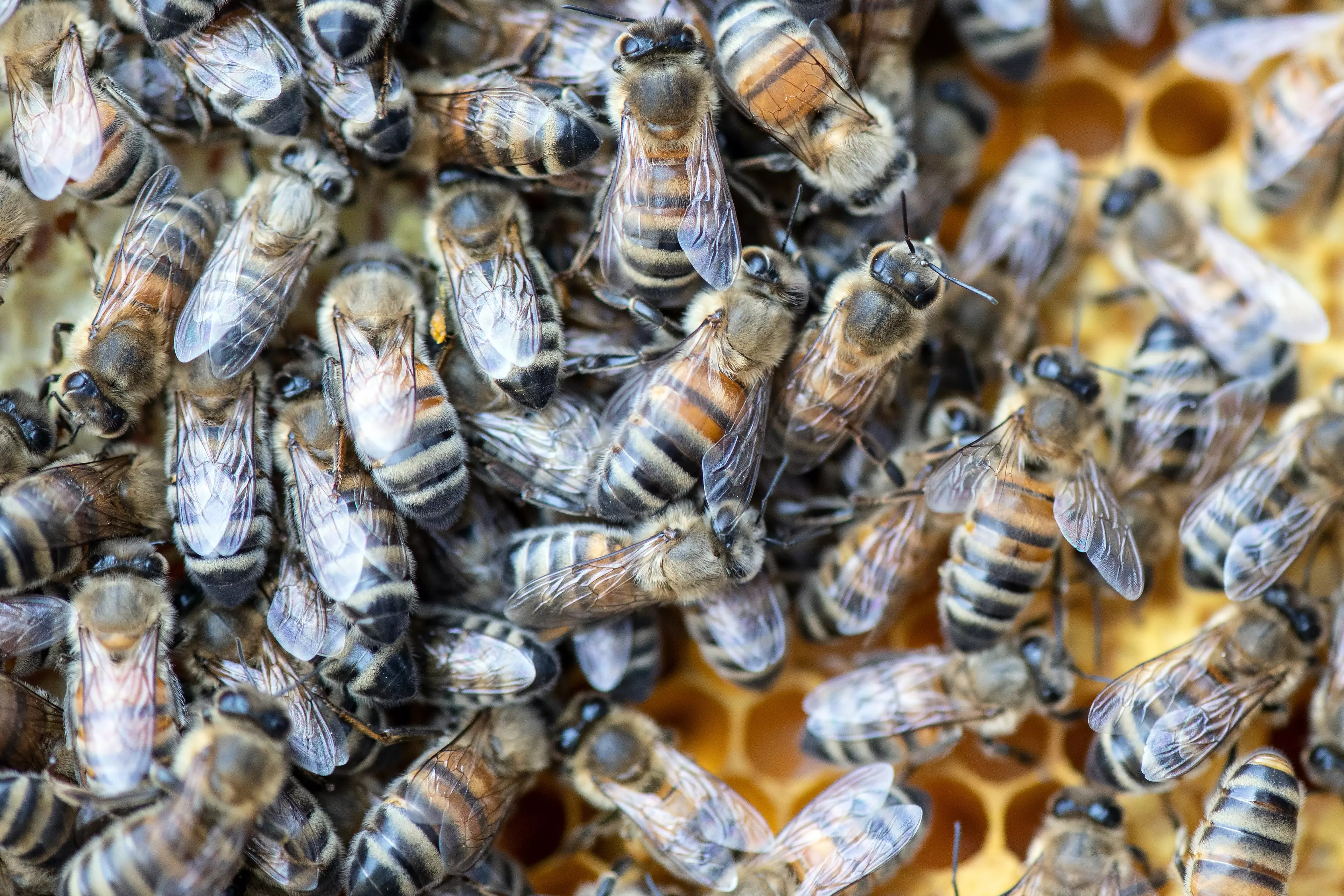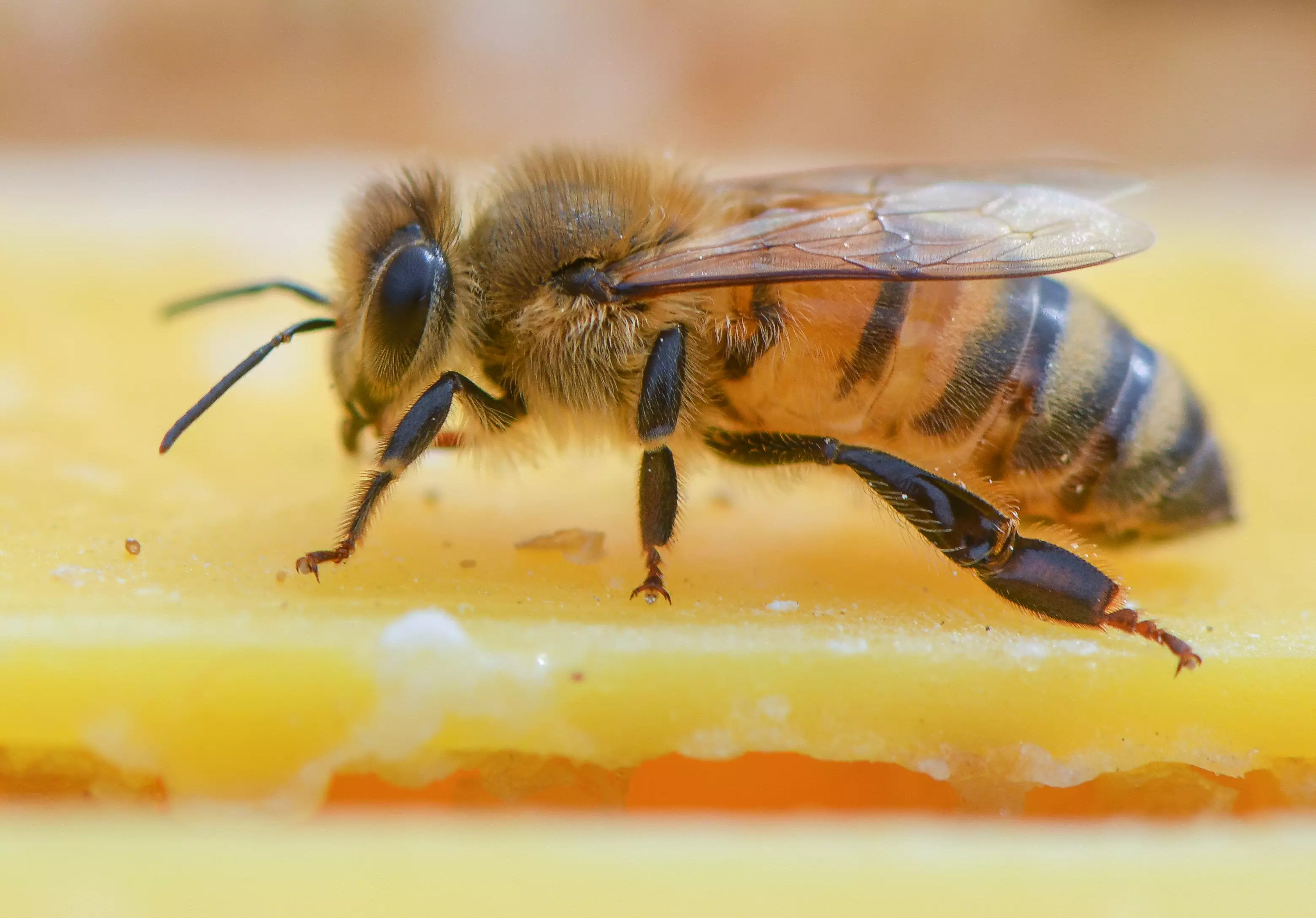
Australian researchers might have discovered a new way to fight aggressive breast cancer.
The Harry Perkins Institute of Medical Research has released their findings around how bee venom can rapidly kill cancer cells.
The study, which was published in the Nature Precision Oncology journal, also found that when venom from honeybees was added to exisiting chemotherapy drugs it was even more effective.
Advert
Dr Ciara Duffy led the research as part of her PhD and hopes it could be used as a treatment for the 10 to 15 per cent of breast cancer patients whose conditions are currently difficult to treat.

She said: "We found that the venom from honeybees is remarkably effective in killing some of these really aggressive breast cancer cells at concentrations which aren't as damaging to normal cells."
The specific cancer cells found to be most responsive to the bee venom are triple-negative breast cancer and HER2-enriched breast cancer cells.
Advert
In the study, Dr Duffy found that the honeybee venom can kill those cells in just 60 minutes with minimal harm to healthy cells.
Not only did the researchers find that the venom can destroy existing cancer cells but it can also stop them from reproducing and growing.
They harvested honeybees from Western Australia as they are some of the 'healthiest in the world'. The bees were put to sleep with carbon dioxide and researchers extracted the venom from each bee.

When they had a look at the different components found inside the venom, they noticed it was a compound called melittin that had the cancer attacking abilities. The researchers have since synthetically reproduced that melittin and used it to great effect on aggressive breast cancer.
Advert
Dr Duffy continued: "What melittin does is it actually enters the surface, or the plasma membrane, and forms holes or pores and it just causes the cell to die.
"We found it was interfering with the main messaging or cancer-signalling pathways that are fundamental for the growth and replication of cancer cells."
Dr Duffy stresses that this is only the beginning and much more research is needed before this type of therapy will be available for people across Australia.
However it has won praise Western Australia's Chief Scientist, Professor Peter Klinken, who said the discovery is 'incredibly exciting'.
Advert
Dr Duffy is going to continue to look at how much venom can be used on the human body without producing too much toxicity.
Featured Image Credit: Harry Perkins Institute of Medical Research